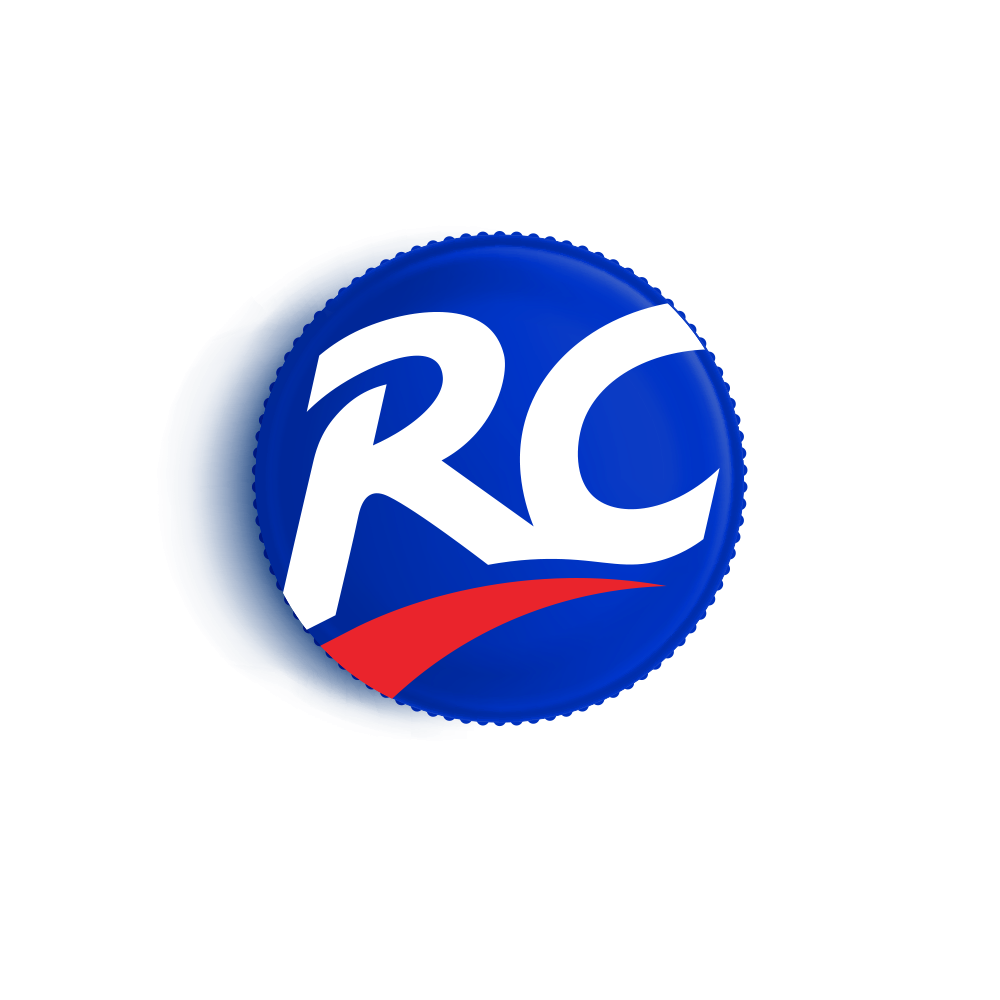Sustainable beverage technologies have enabled bottlers and manufacturers to embrace smarter practices that are kinder to the planet and often more cost effective.
Along with Industry 4.0 enabling AI automation for assembly lines, manufacturers are leveraging all kinds of tools to their advantage in this latest beverage industry trend.
1. Aseptic filling
While aseptic filling has been utilized by some bottlers for years, a refined version of the process that sees minimal amounts of acids used has steadily gained popularity, particularly in 2022.
Using lower amounts of acid for aseptic filling makes for a more sustainable process, with a reduced environmental impact. It makes beverages safe and stable for consumers, without relying on large volumes of preservatives. As consumers grow more health conscious, this cleaner, less chemically-based method of bottling is a potentially appealing differentiator for brands.
Aseptic filling also makes the bottling process much faster, paving the way for more thorough and shorter sterilization. This in turn makes scaling easier and more practical, so that manufacturers can cover more volume as SKU expansion continues at a rapid pace.
Download The 5 Beverage Trends Defining 2023
2. Centrifugal Separation and Filtration
Advanced centrifugal separation and filtration, which includes the use of traditional tools like decanters and separators that have been redesigned for optimal performance, provides manufacturers with a number of interesting benefits.
This beverage technology provides maximum yield with improved product quality, helping bottlers save on resources and reduce waste. Economical separation helps manufacturers avoid unnecessary spending and wasted manpower hours.
Centrifugal separation and filtration is a sustainable beverage technology that results in a higher quality beverage, with less impact to the environment, thanks to smarter use of existing resources and greater accuracy preventing waste.
3. Emission Reduced Facilities
Redesigning plants and manufacturing facilities to be more environmentally-friendly is top of mind for many bottlers and brands. Sustainable beverage technologies help manufacturers minimize their use of materials through increasingly accurate production.
Emission reduced facilities typically feature reduced consumption of water and energy, meaning that the site has a lower or neutral impact on the planet.
4. Modular Plant Designs
Speaking of the physical layout of manufacturing sites’ environmental footprint, modular plant designs have emerged as a way for brands to minimize their impact over conventional stick-built plants. Modular designs are fast and easy to integrate into existing plants, meaning you can plan for the future and scale your plant with ease.
This layout can also lower maintenance costs and other fees associated with plant upkeep and plant construction.
Download The Top Flavor Beverage Trends For 2022
5. IoT and Other Advanced Technology
The Internet of Things (IoT), which sees a greater number of processing equipment and elements connected to a central dashboard provides visibility and control and has revolutionized bottling.
An IoT system connects machines from the very beginning to the end of the bottling process. Devices like humidity sensors, optical sensors, and temperature sensors are now easily monitored and controlled, without the need to make manual, physical adjustments to tools on the assembly line or factory floor.
IoT makes it simple and easy to track performance across the production floor and wider supply chain, providing the ability to swiftly take real-time, corrective action should anything go awry.
The beverage technology provides bottlers with “valuable, rich data” and the ability to “understand themselves like never before,” James Brand, software engineer at Intelligent Industries, told Verdict.
AI has also proved to be a game changer in the beverage industry, as it gives manufacturers the ability to automate production. With manual adjustments and guesswork no longer part of the equation, the entire process is streamlined and significantly more efficient, making it much more sustainable.
Smart warehousing, which sees spaces optimized for ideal manufacturing and storage through smart technologies, is making a significant impact as well. Achieving increased productivity and minimizing labor costs has become one of the most lucrative points of brand innovation. It also ensures that there is less damage or loss of beverages due to improper storage. With this streamlining of warehousing, comes lower costs of storage, maintenance and energy costs associated with the beverage industry making it a hot sustainable beverage technology trend.
Smarter manufacturing, which results in less emissions and fewer wasted resources, has been both beneficial for bottlers’ bottom lines and the planet. This more sustainable method of bottling minimizes environmental impact and also saves brands money by ensuring that materials are utilized as efficiently as possible.
Is your brand leveraging sustainable beverage technology correctly?
With a trending shift toward greener, smarter bottling that is good for the planet and for your margins, it’s clear that it’s time to investigate embracing more sustainable beverage technology trends. While it might seem daunting to start thinking about switching up your manufacturing technology, remaining complacent as your competition adopts innovative technology may mean that you end up left behind.
RC Cola has been leading the way with innovative bottling processes for decades. Contact us today to learn more about new beverage technologies that can help you stand out in a crowded market and strengthen your brand in 2023.


.png?width=2000&name=BLOG-01%20(3).png)

